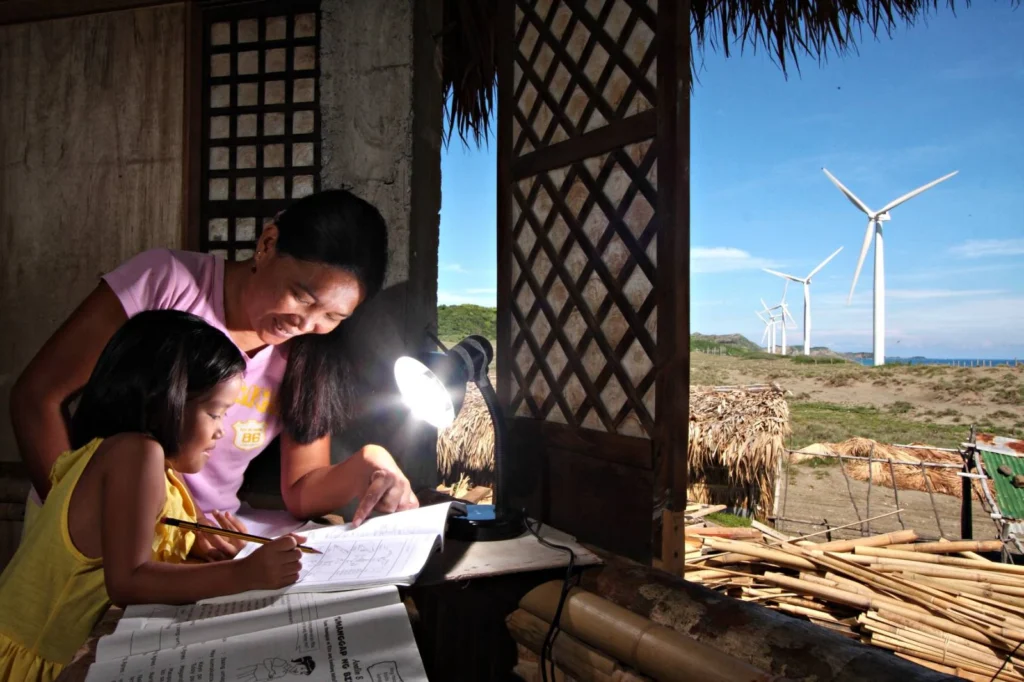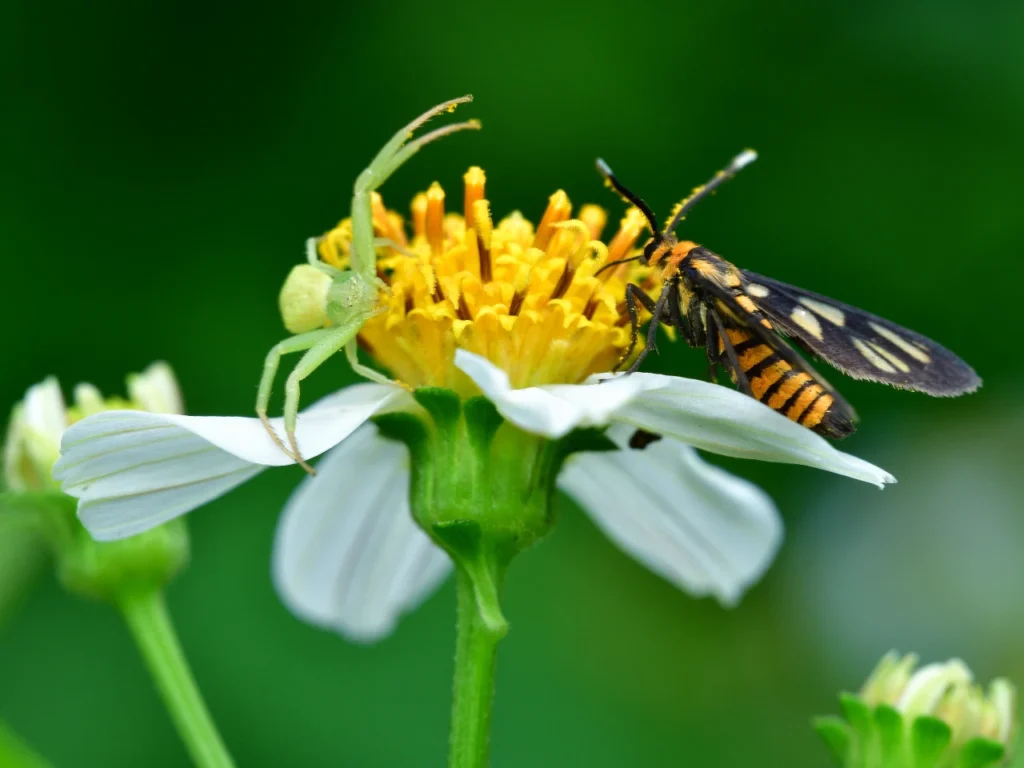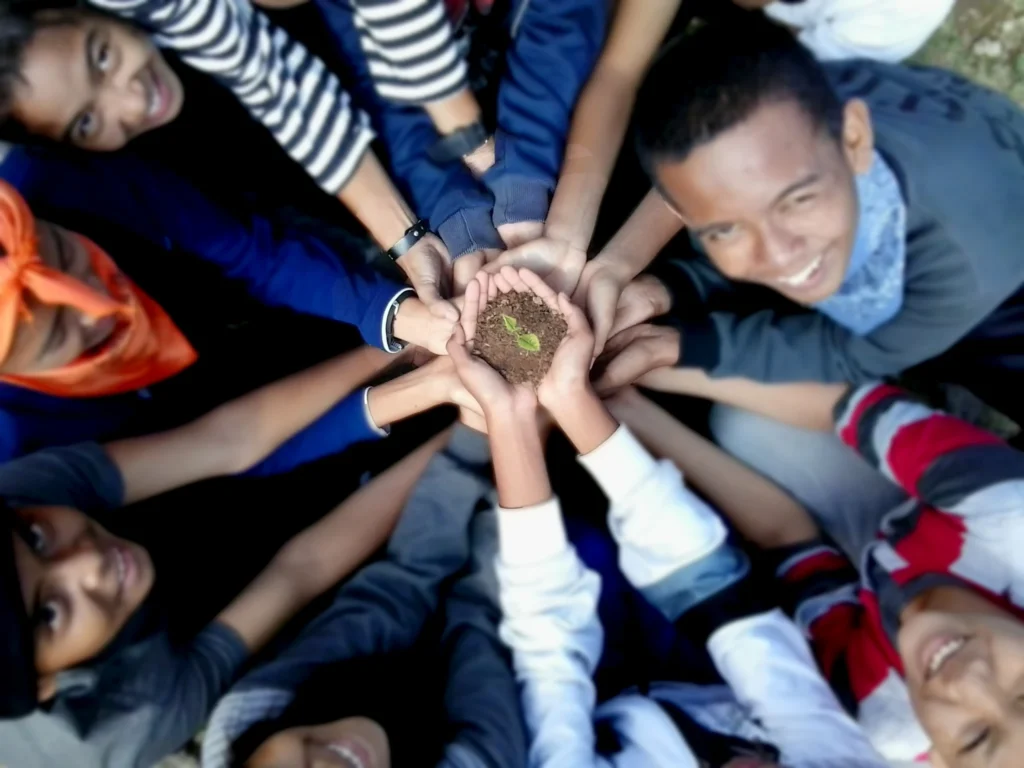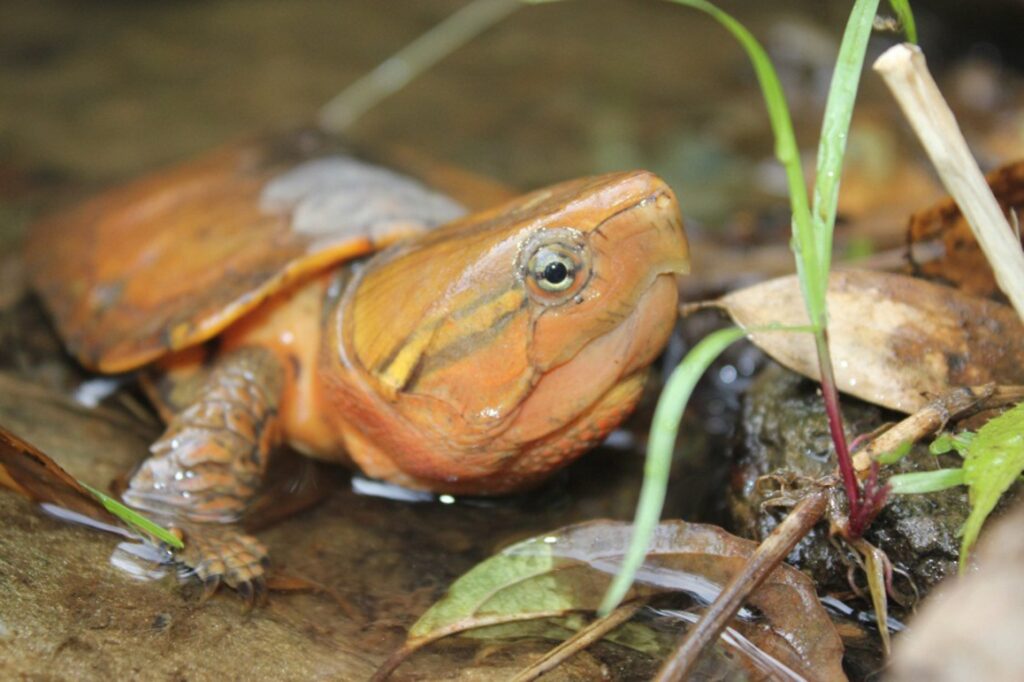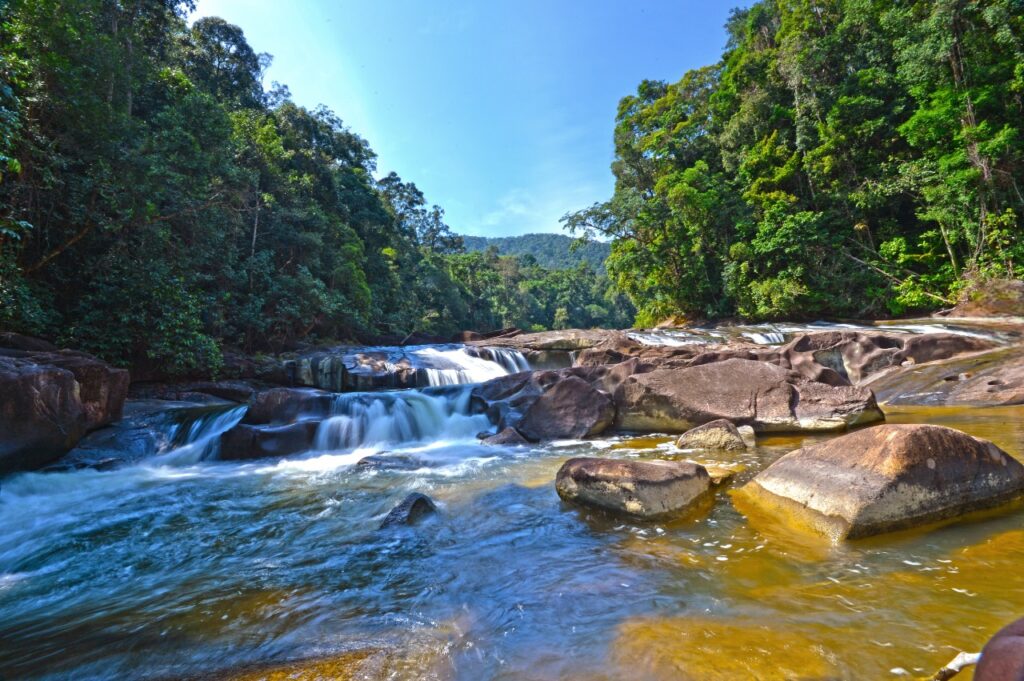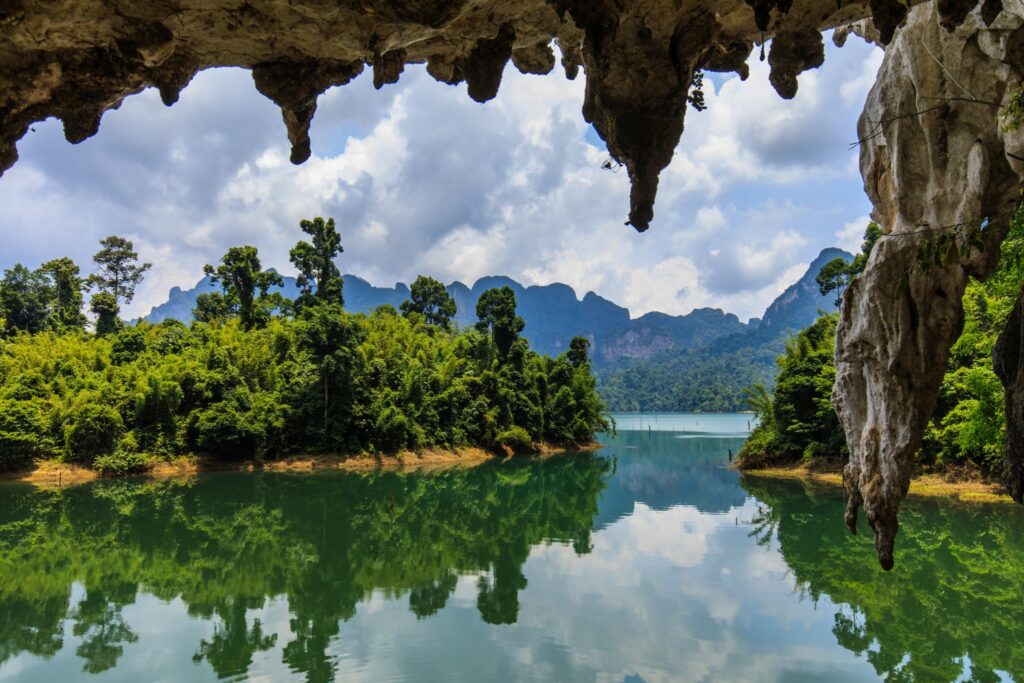To pursue the best use of biodiversity knowledge in the region, the ACB will continue to derive and organise biodiversity-related data and information to deliver regional analyses useful for decision and policy making. Knowledge management will be supported with robust databases with content derived from AMS-contributed information, readily available sources, and information from regional workshops and discussions. As necessary and requested, the ACB will support AMS in their own country-driven processes to curate national biodiversity data and strengthen clearing-house mechanisms to better contribute to ASEAN-wide analyses.
- Updated biodiversity data to support science-based decision-making and policymaking on biodiversity;
- Strengthened roles and collaboration among biodiversity scientists and experts in the ASEAN
- Addressed biodiversity data gaps through technology knowledge transfer
Biodiversity Data and Information Management
The ASEAN Clearing-House Mechanism and the ASEAN Biodiversity Dashboard is the ACB’s contribution to science-based decision making for biodiversity conservation in Southeast Asia. These platforms are designed to support the AMS in meeting their reporting requirements to multilateral environmental agreements, particularly the CBD. The ASEAN CHM serves as gateway to available biodiversity information in the ASEAN. It is designed to provide a cohesive and integrated perspective of the region’s biological resources. The ASEAN Biodiversity Dashboard provides visualisations of indicators relevant to biodiversity conservation, such as the distribution and state of species in the region, the extent of protected areas and areas that are in need of conservation and time series information relevant to biodiversity conservation.
To ensure that data and information in the ASEAN CHM and the Dashboard are updated and relevant, as well as to better transform biodiversity data into conservation-related knowledge to be useful for planning and working towards biodiversity conservation objectives, including mainstreaming biodiversity into production landscapes, the ACB will:
- continue to maintain and improve on the ASEAN CHM and the Dashboard;
- ensure that the ASEAN CHM and the Dashboard respond to information needs identified by AMS; and
- maintain a map service facility within the ASEAN CHM and the Dashboard.
Knowledge Management
The development and mobilisation of knowledge and scientific basis for biodiversity conservation are crucial to development planning and decision-making processes of governments. As such, biodiversity knowledge should be sufficient, accurate, scientifically grounded, updated, well-organised, well-curated, and integrated. The ACB will conduct the following activities on knowledge generation:
- continue to analyse data from AMS to derive regional analyses, new knowledge, and trends;
- support the development of tools useful for regional assessment such as those for monitoring and evaluation and visualisation of indicators;
- conduct regional studies and/or pilot activities, including documentation of best practices and lessons learned on biodiversity through the various programmes, projects, and institutional partners of ACB;
- conduct midterm (2026) and target (2030) monitoring, evaluation, accountability and learning (MEAL) of the ACB KM System; and,
- strengthen linkages with the scientific community and academe.
























